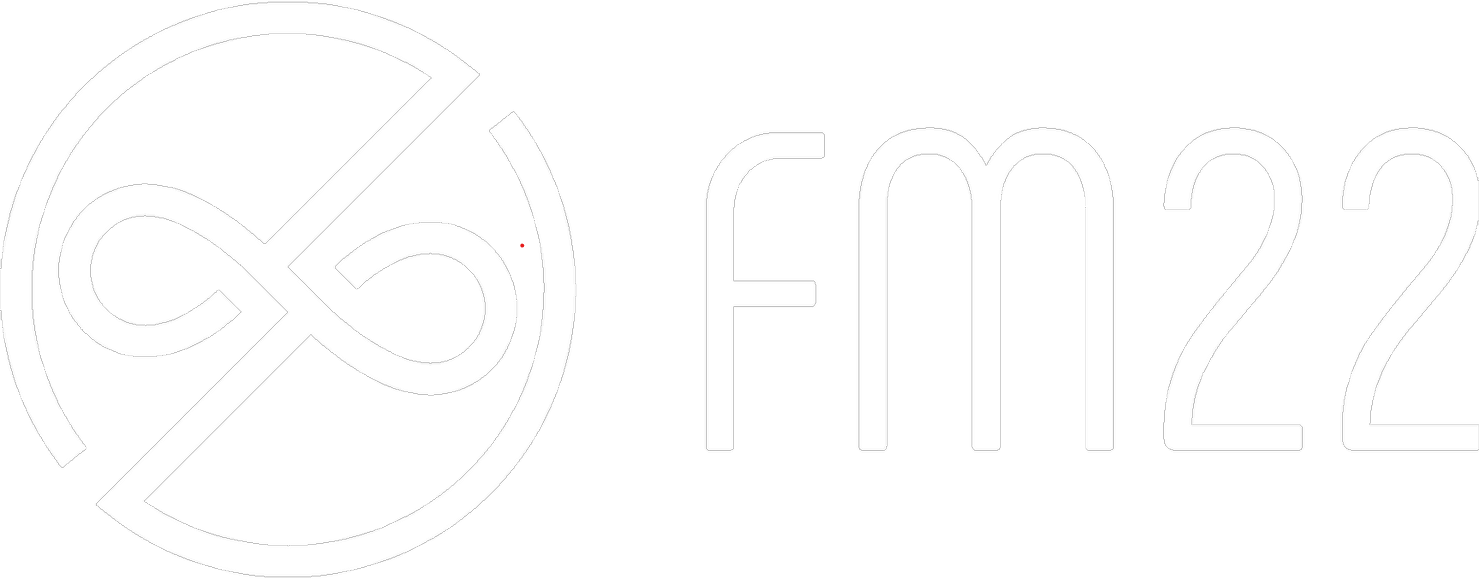FAQs
"The ability to ask questions is the greatest resource in learning the truth.” - C.G. Jung
FAQs
Got a question? We’re here to help.
-
Does coaching work?
If you’re thinking about hiring a coach, one big question probably keeps circling through your mind: Will it work?
There are plenty of success stories that provide evidence that coaching helps people make positive changes and create success in their personal and professional lives.
iPEC, a comprehensive coach training program that’s trained more than 15,000 coaches worldwide, has more than just anecdotal evidence that coaching works.
New quantitative evidence, in the form of scientific data, shows that Core Energy Coaching™ helps people make measurable changes that lead to sustainable and transformational results.
So, when you work with a coach who has been trained in iPEC’s proprietary Core Energy Coaching™ methodology, you’re working with an evidence-based model that’s been shown to produce real life, tangible outcomes.
-
What is core energy coaching?
The Interntation Coaching Federation or ICF defines coaching as “Partnering with clients in a thought-provoking and creative process that inspires them to maximize their personal and professional potential.”
Core Energy Coaching is an integral part of iPEC’s methodology and begins with a simple premise: All people are continually experiencing energy, in one of two ways postulated by Bruce D Schneider, founder of iPEC: catabolic or anabolic energy. Anabolic energy is constructive, expanding, fueling, and creative, and works for a person. Conversely, catabolic energy is destructive, draining, or resisting and works against a person. The type of energy we experience fluctuates throughout the day and inside of situations. However, because of our attitude and the way we interpret our life experiences, we wind up experiencing the same type of energy over and over again.
-
How can I measure the effect of coaching?
The true effect of working with a coach has been difficult to quantify. Now, with new research, we have numbers—actual data—that show how working with a Core Energy Coach raises a person’s energy, so that in any given situation, one can choose to respond with anabolic energy related to opportunity, curiosity, creativity, and intuition versus more reactive, catabolic energy which reveals itself in behaviors like blame, anger, and worry.
“We were looking for evidence that coaching worked,” says Lynn Waldorf, PhD, CPC, who was tasked with analyzing a data set that contained data from about 30,000 people who had taken the Energy Leadership Index™ (ELI).
The ELI is a 70-item, web-based assessment that leads people through rating themselves on their beliefs, self-perceptions, emotional reaction tendencies, and behavior patterns. The questionnaire is designed to measure the amount of anabolic and catabolic energy in a person’s core energy makeup, under both ideal and stressful circumstances. The more a person can reduce catabolic energy and increase anabolic energy, the higher their core energy will be.
-
How do I know how much coaching to sign up for?
Your coaching journey can last as long as you would like it to. While I offer packages and discounts depending on your length of engagement, there are several factors to consider including budget, time and comittment. I am here to facilitate your growth and goal achievment and partner in your success no matter how how much or little time it takes.
-
What is the difference between coaching, therapy, consulting and mentoring?
...Coaching
Coaching involves visioning, success, the present, solutions, and moving into the future. Coaching focuses on performance improvement, learning, or development in some area of life. The coach helps the client move forward by focusing on “how.”
...Therapy
Therapy evaluates psychopathology, emotions, problems, and exploring the past in order to understand the present. The therapist usually helps the client heal by figuring out “why.” Therapy often dives into deep-seated emotional issues to work on personal healing or trauma recovery. Therapists help clients fix problems, develop skills for managing emotions or past issues, overcome issues, and sometimes manage mental illness.
Population
... Mentoring
It’s great to have a role model who has “been there and done that” and will “show us the ropes,” but coaches do not use their personal experiences as a model of success for the client. The client is the expert on their own life. The coach is the expert in the coaching process and helps the client even without first-hand knowledge of what the client has experienced.
... Consulting
Consultants have an agenda and some possible answers and bring that agenda and those answers to the client. Coaches, on the other hand, have no agenda except to help clients get what they want. The main difference is that consultants promote themselves as experts in certain aspects of life, and coaches accept that clients are the experts and have within themthe answer to any situation they may face. Unlike the consulting relationship, the coach stays with and “partners” with the client to help implement a plan they both develop. Coaches not only help bring about effective change; they do whatever they can to help clients do what they say they will do.
-
How much does coaching cost?
There are a variety of packages that I offer individuals and businesses. Most are customized to meet your needs. Please reach out to me and, together, we will design a program that meets your needs and guides you to success and fulfillment.
-
What is the difference between team and group coaching?
Team coaching is when a group of people are working together to achieve a specific goal. They could be stuck for a variety of reasons. A coach can help them understand and break through the barriers that is holding the team back.
Group coaching is coaching a group of people who do not have a common goal but are brought together to be coached on a topic.
